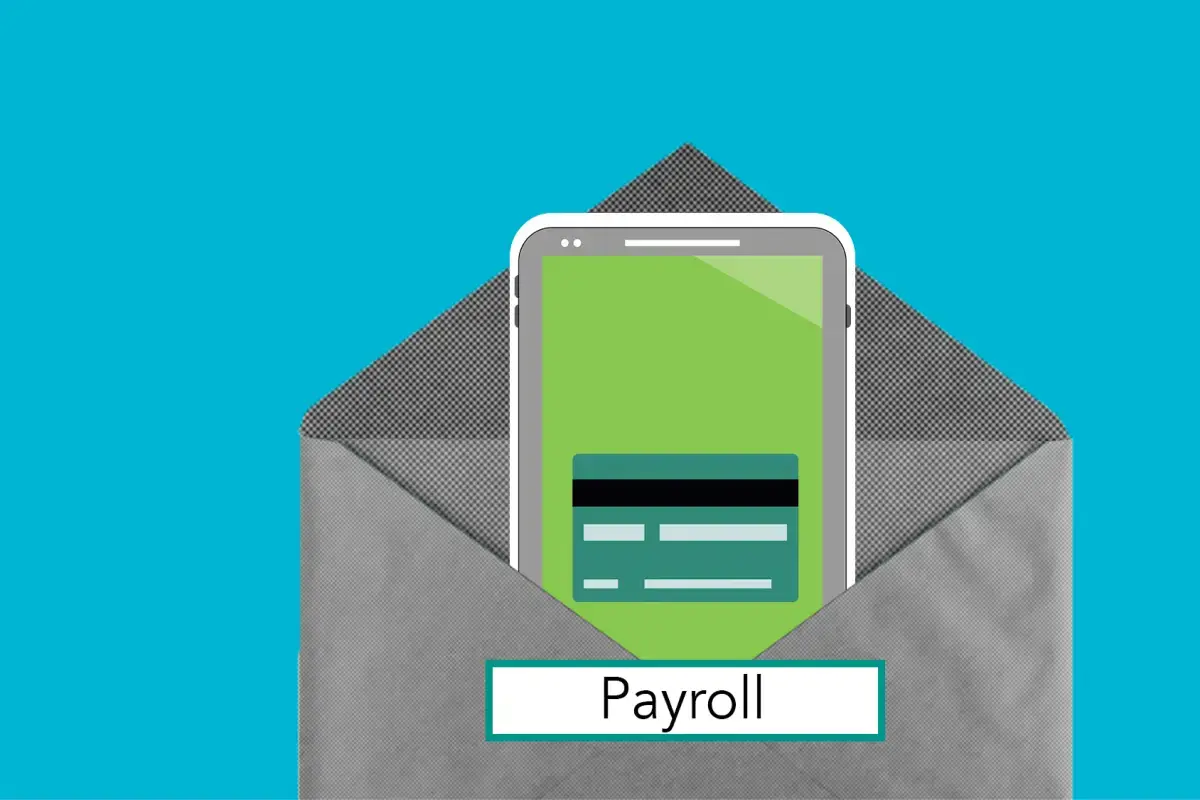
Payroll Job Description
What is a Payroll Professional?
A payroll clerk is responsible for administering employee pay and managing payroll information. This includes calculating wages, withholdings, and deductions; issuing payments; and maintaining records. The role of a payroll clerk requires both accounting knowledge and people skills. In addition to being able to understand complex financial concepts, payroll clerks must be able to effectively communicate with employees and resolve any issues that may arise.

What does a Payroll Expert do?
Payroll can be a stressful job, so it is important that candidates for this position have the ability to stay calm under pressure. While most businesses outsource their payroll function to specialized companies, some still choose to handle it in-house. In these cases, the payroll clerk would report directly to the business owner or controller. Large businesses with multiple locations may also have internal staff dedicated to supporting the centralized payroll function. Either way, the responsibilities of a payroll clerk are generally the same.

What are the Skills of a Payroll?
A payroll clerk needs a variety of skills and experiences in order to be successful. Here are some key areas that a payroll clerk should focus on: - Familiarity with payroll software: In order to process payroll accurately and efficiently, a payroll clerk needs to be familiar with the software being used. This includes understanding how to input data, run reports, and troubleshoot any issues that may arise. - Strong attention to detail: A payroll clerk must be able to pay attention to detail in order to catch any errors that may occur. This includes reviewing time sheets for accuracy, verifying employee information, and ensuring that all withholdings are correct. - Organization: A payroll clerk needs to be organized in order to keep track of all the different elements of payroll. This includes creating and maintaining employee files, preparing tax documents, and processing direct deposit payments.

What makes an Expert Payroll?
Communication: A good payroll clerk must have strong communication skills in order to interact with employees regarding their paychecks or benefits deductions. Additionally, the Payroll Clerk will need excellent written communication skills for correspondence with government agencies or providers of other services related to employee compensation such as workers’ Compensation insurance premiums deducted from employee paychecks

What level of Experience & Qualifications are required to be a Payroll?
Industry experience: • Prior payroll processing or bookkeeping experience • Knowledge of accounting principles and processes Training: • Familiarization with the relevant software used to process employee paychecks (e.g., QuickBooks, ADP) Qualifications: • Strong organizational skills for managing multiple tasks simultaneously • Attention to detail for accuracy in data entry and calculations Education: • High school diploma or equivalent preferred

What is the Salary of a Payroll?
A junior payroll specialist typically earns an annual salary of around $30,000 to $50,000. This is the entry-level position for a payroll job, and responsibilities are limited but include filing taxes, generating reports and maintaining employee records. As experience grows in this role more responsibility can be taken on leading to higher salaries up to about $60,000 per year. At the intermediate level (which may also be referred to as an analyst or senior associate), there’s a greater focus on complex calculations such as 401k plans; average salaries range from between $55K -$75K annually depending on geographic location and company size/structure. At this stage they will have mastered all basic processes related to payroll while having increased knowledge of federal regulations governing compensation practices – including Social Security payments etc.. Once you reach a managerial/director level these positions earn even more with averages ranging from around 100-150K+ depending largely upon corporate structure & industry type plus other factors like complexity of data processing systems used by employers etc.. It’s at this point that your pay scale could potentially double due in part because directors oversee teams handling multiple accounts & often times provide direction over financial projects within their organization(s).

What are the Working Conditions for a Payroll?
A payroll specialist is responsible for the accurate processing of an organizations payroll. They handle all aspects of employee compensation, including calculating wages, determining taxes and deductions, issuing payments to employees in a timely fashion, maintaining records relating to pay periods and filing applicable reports with government agencies. The general working conditions for a payroll specialist involve long hours due to the time-sensitive nature of their job; they must ensure that all calculations are correct before submitting them. Additionally, there may be some travel involved as well depending on where the individual works (onsite or remotely). Payroll specialists typically work in office environments during regular business hours but may also have evening or weekend shifts when needed. To remain efficient and up-to-date with industry regulations and changes impacting their area of expertise (i.e., labor laws), they are expected to attend seminars/conferences related to this field throughout their tenure at a company as well as stay informed through continuing education classes online or locally made available by employers/industry organizations like SHRM or AIPBOs

What are the roles and responsibilities of a Payroll?
Establishing and maintaining employee payroll records
Preparing and processing weekly, bi-weekly, or monthly payrolls
Managing direct deposit processes and issuing paper checks when necessary
Distributing pay stubs or other notification of payment to employees
Calculating overtime hours and pays, as well as managing vacation time tracking
Completing federal, state, and local tax reports on a quarterly or annual basis
Issuing W-
forms at the end of each calendar year
Withholding taxes from employee payments based on government regulations
Handling tips reported by employees in some industries
Making social security and Medicare contributions on behalf of employees
Managing child support deductions
Calculating disability insurance withholdings
Incorporate wage garnishments into the payroll process
Determining eligibility for unemployment compensation
Processing retirement plan contributions
Administering worker’s compensation programs
Coordinating health insurance premium deductions
Maintaining timekeeping systems
Auditing time cards for accuracy
Assisting with human resources duties related to onboarding new hires

Where can I find Payroll jobs?
- Create a profile on gigexchange and promote your Payroll skills to advertise you are Open to New Work Opportunities
- Ensure your Resume (or CV), or online work profile is up to date and represents your skills and experience. Ensure your reputation reflects your ability & attitude.
- Apply for Payroll Jobs advertised on gigexchange.
- Practise Payroll interview techniques to ensure you represent your personality and ability succinctly and confidently.
- Accept the job offer if the salary meets your expectations and the employer mission and purpose reflects your core values.
Jobs
What are the best job boards for Payroll Clerk jobs?

How can I hire Payroll staff online for my business?
The best job board for recruiting Payroll experts is gigexchange.com. Advertise full-time, part-time or contract jobs to find, hire & recruit trusted, experienced and talented Payroll candidates near you.

Are Payroll roles in demand in 2026?
Payroll experts are still in high demand in 2026. If you are an experienced Payroll or looking to train and become one. The job market is looking strong for Payroll jobs near me.